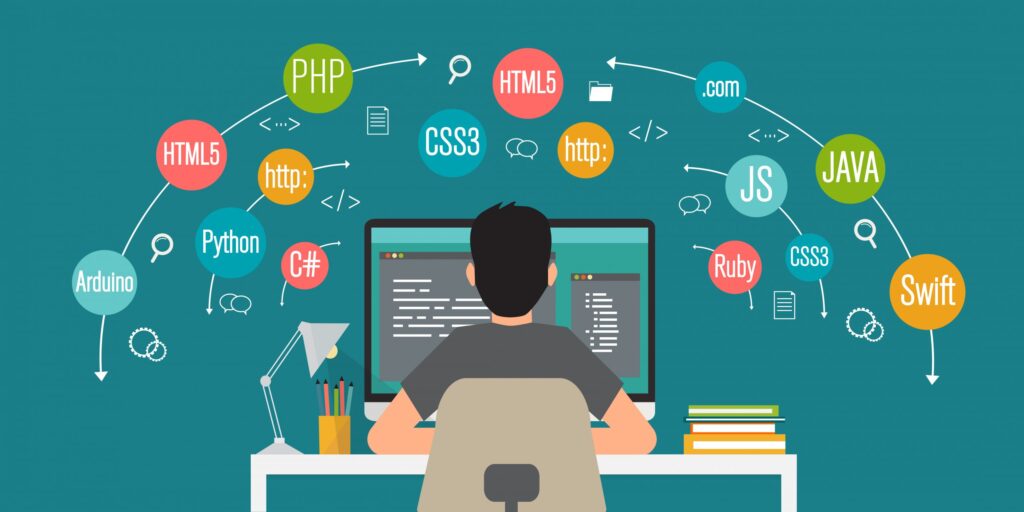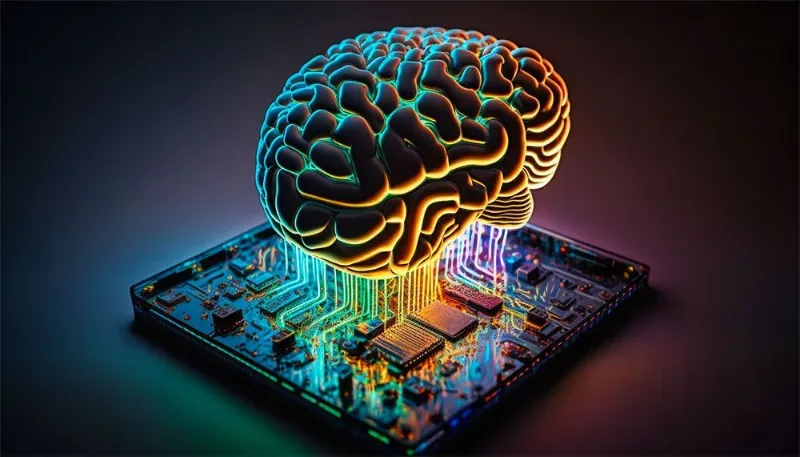Artificial intelligence (AI) is rapidly transforming various industries, and with it, the demand for skilled AI developers is on the rise. One of the most crucial decisions a developer must make when starting an AI project is selecting the appropriate programming language.
While there are numerous programming languages available, some are more suited to AI development than others. In this article, we will take a closer look at the top programming languages for AI development.

- Python
Python is a popular language for AI development, and for good reason. It’s easy to learn, has a simple syntax, and comes with a vast library of open-source tools, including popular machine learning libraries like TensorFlow, Keras, and PyTorch.
Python is a versatile language that can be used for various AI applications, including natural language processing (NLP), computer vision, and predictive analytics. Its ease of use and availability of numerous libraries make it a favorite among beginners and experienced developers alike.
- Java
Java is a robust language that is widely used for enterprise-level applications. When it comes to AI development, Java’s strength lies in its scalability and security, making it an excellent choice for large-scale AI systems.
Java’s machine learning libraries are not as extensive as Python’s, but they include some powerful ones like Deeplearning4j, Weka, and Mahout. Java’s ability to work with big data and its support for distributed computing make it a popular choice for developing complex AI systems.
- C++
C++ is a high-performance language that is well-suited for real-time processing and computer vision. It’s a popular choice for developing AI applications that require real-time performance, such as autonomous vehicles or robotics.
C++ is not as beginner-friendly as Python, but it’s an excellent option for experienced developers looking for high-speed processing and low-level hardware control. C++ has various machine learning libraries, including TensorFlow, Caffe, and OpenCV, making it a viable option for developing cutting-edge AI applications.
- R
R is a programming language specifically designed for statistical computing and data visualization. It’s an excellent choice for data-driven AI applications that require a high degree of statistical analysis, such as predictive modeling or data mining.
R’s libraries for machine learning include caret, H2O, and mxnet, making it a powerful language for developing data-driven AI applications. While R may not be as versatile as Python, it excels in data analysis, visualization, and statistical modeling.
- JavaScript
JavaScript is primarily known for developing web-based applications, but it’s also a viable option for developing AI applications. Its ability to work with browser APIs and its support for libraries like TensorFlow.js and Brain.js make it a great choice for developing web-based AI applications.
JavaScript’s strength lies in its ability to develop interactive and responsive applications, making it an excellent option for developing AI chatbots and virtual assistants.
Conclusion
In conclusion, the programming language you choose for AI development will depend on the specific needs of your project and your level of programming expertise. Python is a great choice for beginners or those new to AI development, while more experienced developers may prefer Java or C++ for their high performance and scalability. R is a great choice for data-driven applications, and JavaScript is ideal for web-based AI projects.
Regardless of which language you choose, it’s important to stay up-to-date on the latest developments in AI and machine learning. The field is constantly evolving, and new tools and technologies are emerging all the time. By keeping your skills and knowledge up-to-date, you’ll be well-positioned to develop innovative AI applications that can help drive your business forward.

